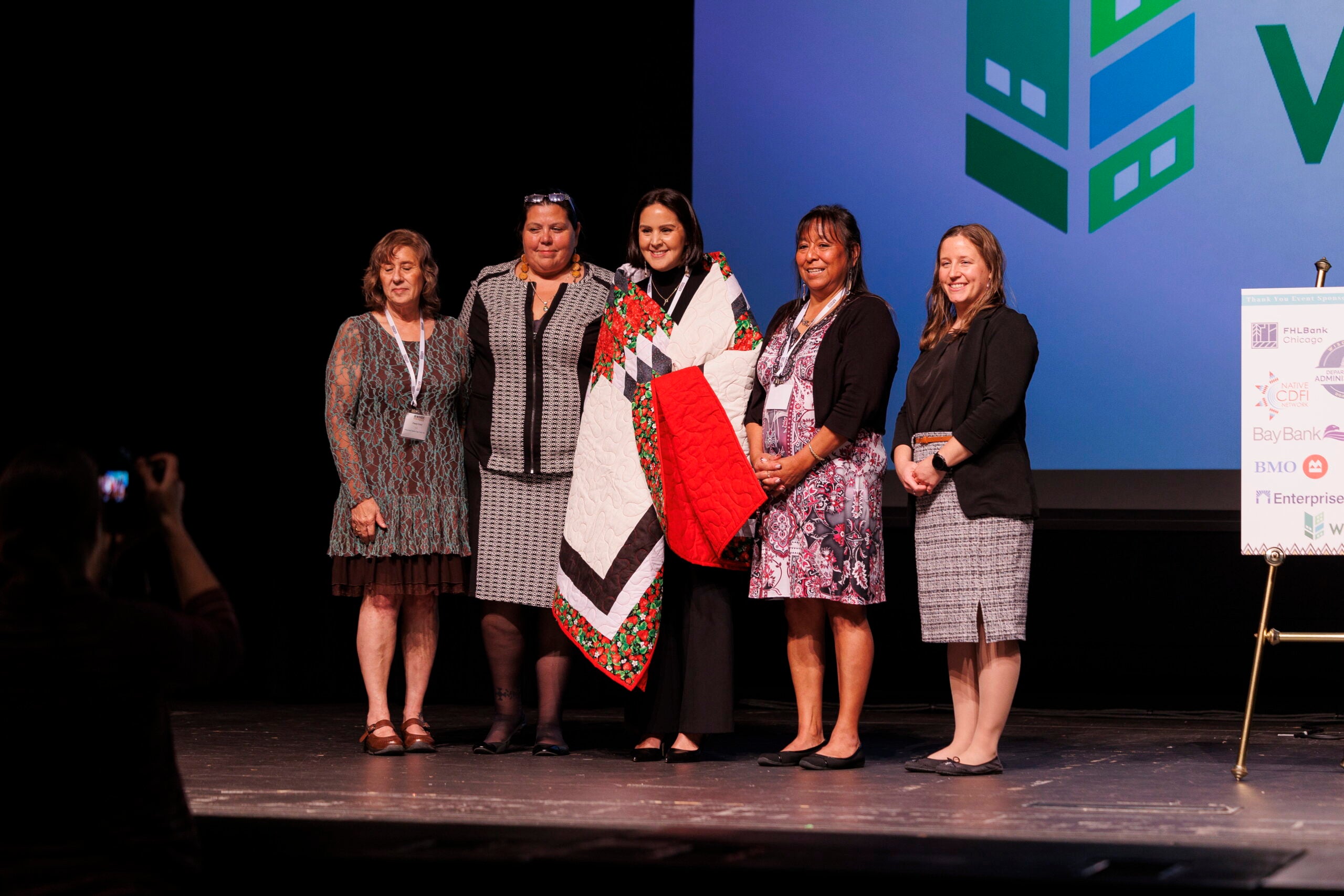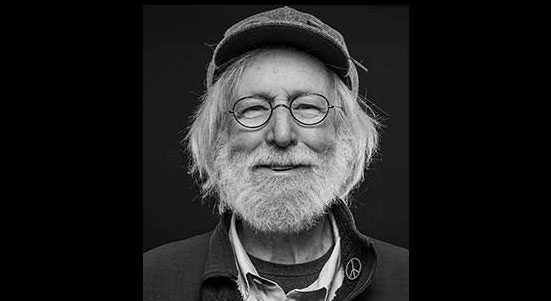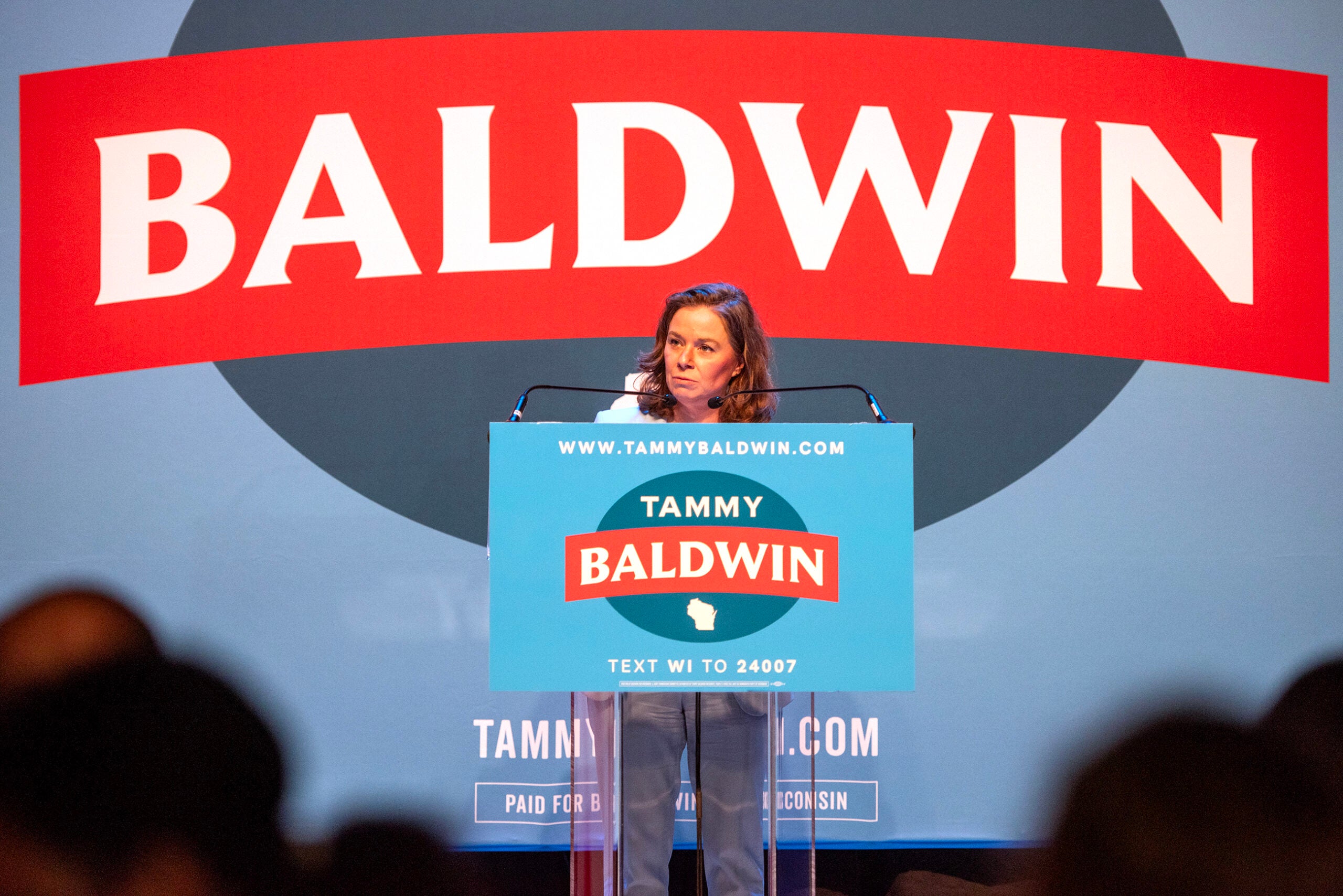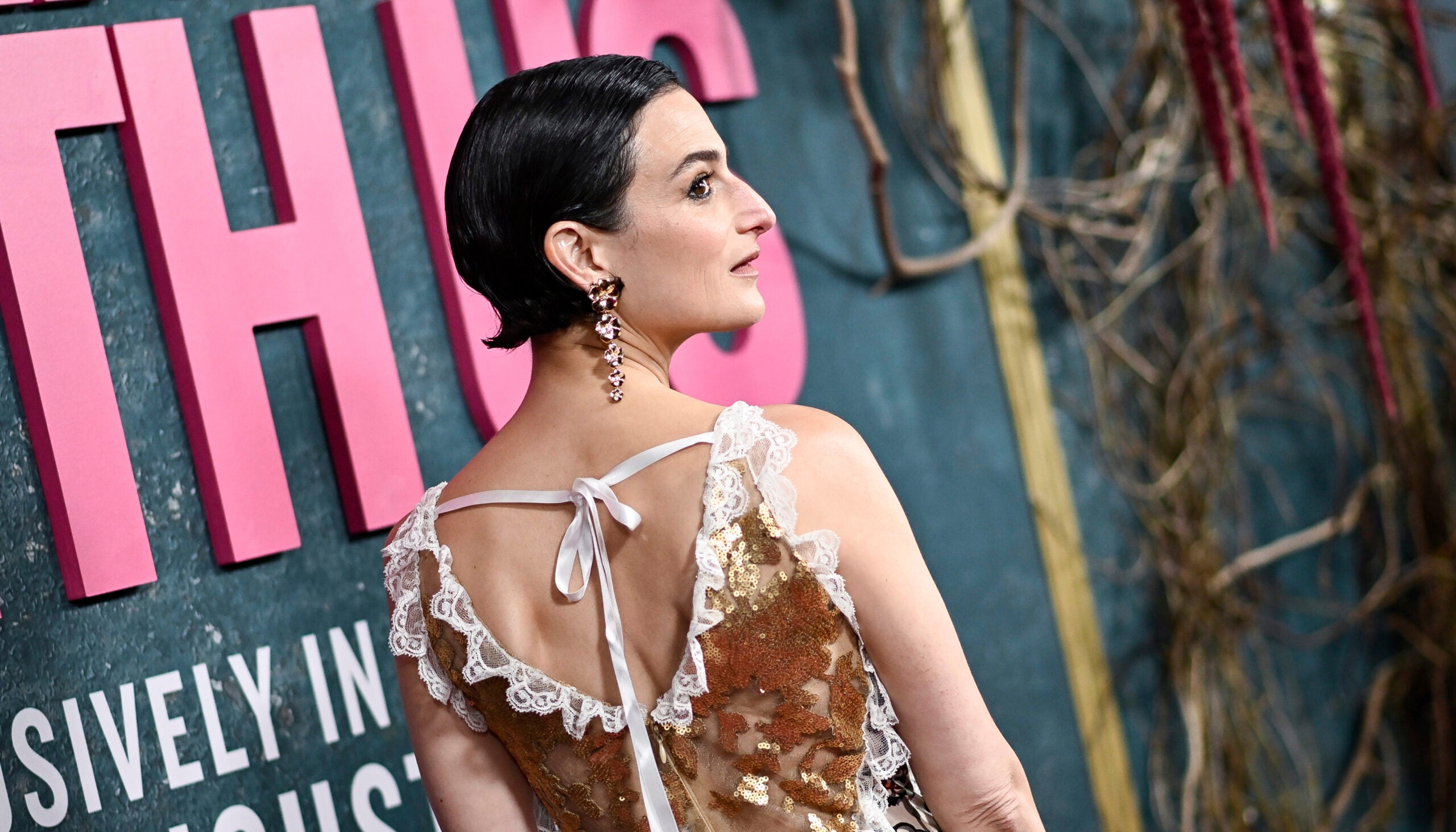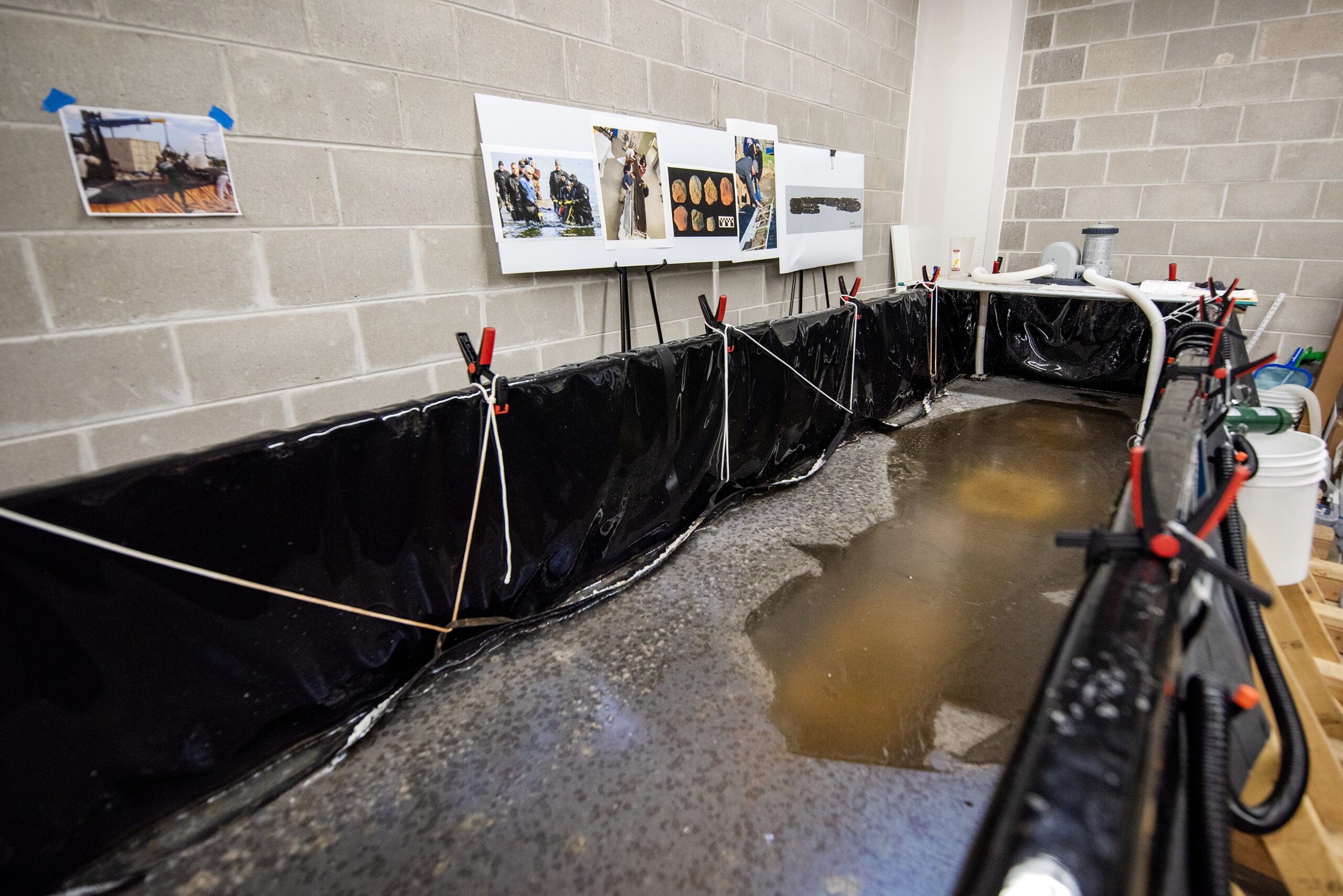On day one of Alexandera Houchin’s ultracyclist races, she questions why even show up.
“I’m not as strong as these people,” she thinks to herself.
But as time passes and she enters the third or fourth day of the competition, the race thins out. She forgets about comparing herself to others. She becomes deeply embedded in the race. It becomes her life.
Stay informed on the latest news
Sign up for WPR’s email newsletter.
Despite being alone, she never feels lonely. She goes to a spiritual place. She taps into the cultural lessons she learned as an Indigenous woman, growing up in Janesville and Evansville with an Ojibwe mother.
“I have so many different communities traveling with me in my heart,” Houchin said recently during a wide-ranging conversation with Wisconsin Public Radio’s “The Morning Show” about her experiences as an ultracyclist.
Houchin is an Anishinabe woman and a citizen of the Fond du Lac Band of Lake Superior Chippewa, one of the six bands of the Minnesota Chippewa Tribe. She was also the first woman to cross the finish line in this year’s 527-mile Colorado Trail Race, posting a record time of 6 days, 2 hours and 33 minutes.
Houchin considers ultracycling a bike race that takes multiple days. She came to the sport almost accidentally. She wanted to see places in a cost-effective way as a “bike tourist,” or someone who bikes as a means of travel. Houchin didn’t consider herself an athlete or someone who could win a race. She wanted to find her limits and look for community.
She grew up disconnected from her ancestral roots, saying she had “super colonized perceptions of Indigenous people ingrained into my head.” She thought she either had to work in the cycling world or she could be a Native person working for and uplifting her community.
Over the last few years, however, she realized what communities consider tradition changes and evolves — and there is space to balance what is important to her.
“Maybe 50 years ago, riding in long bike races wasn’t ceremony, but as a contemporary Native woman, it is ceremony to me,” she said. “It’s a place where I am able to really go deep within myself and my spirit and figure out how I can be the best relative.”
Houchin said this allows her to be the best version of herself, too. Outside of racing, she gets less time to just think and reflect. During a race, she might have all day for five or six straight days.
While she has more time for thinking while racing, oftentimes eating needs to be quicker. Some of Houchin’s favorites include Snickers, Milky Way and Cool Ranch Doritos. She also keeps a JBL Boombox with her to listen to music on the road.
Ultra-endurance races used to be more underground, she said. Internet and social media made them accessible to more people.
Houchin’s next scheduled race, the Arizona Trail Race, starts Oct. 20. She said the race is about 800 miles and requires racers to disassemble their bicycles to hike down and across the Grand Canyon.
The race will provide more time for deep thought and more time to connect with her heritage.
“Little acts of showing up remind my ancestors that we’re still here,” she said. “Even though I’m not on lands that are ancestral to me, I am still outside. I am doing these bike races in the best way that I can.”
Wisconsin Public Radio, © Copyright 2024, Board of Regents of the University of Wisconsin System and Wisconsin Educational Communications Board.


